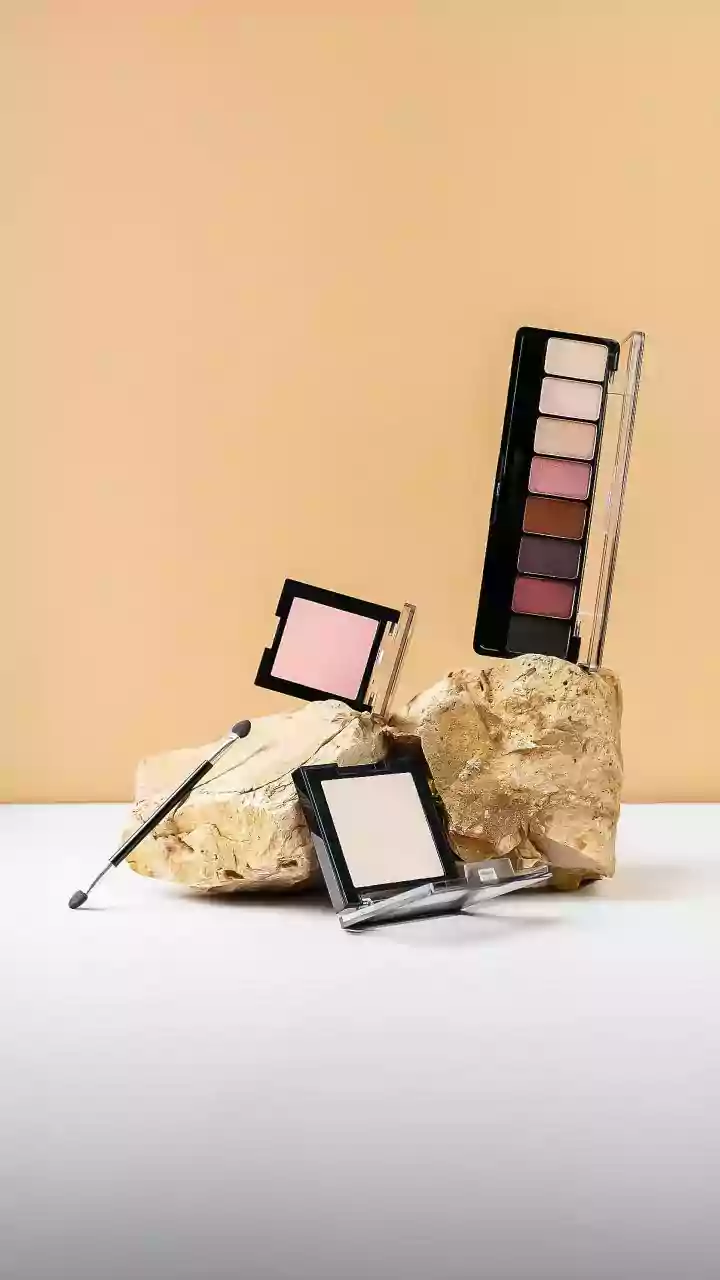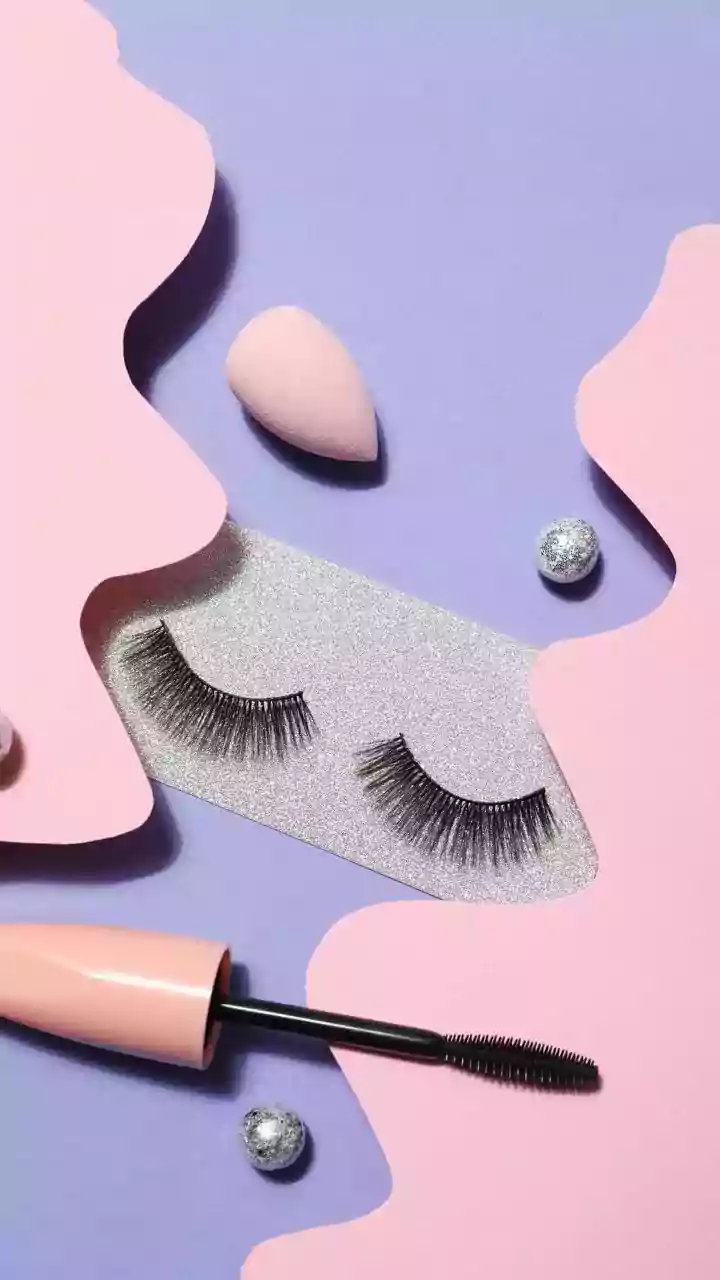Acne Myth 1: Diet
The first myth debunked is the idea that what you eat directly causes acne. The dermatologist clarified that while diet can influence overall health and
possibly inflammation, it is not a direct cause of breakouts. They emphasized that the connection between specific foods and acne is not as straightforward as many believe. The expert stated that dietary changes are not the primary solution for acne and focusing on other factors is more important. However, the expert further highlighted the influence of hormonal fluctuations, genetics, and lifestyle choices as significant players in acne development, which are not directly linked to diet.
Acne Myth 2: Dirty Skin
The second myth is about dirty skin being the main cause. The dermatologist clarified that acne isn't simply a consequence of unhygienic practices. While hygiene is essential for overall skin health, acne forms deeper within the pores due to factors such as excess oil production, the buildup of dead skin cells, and bacterial presence. Washing the face frequently can strip the skin of its natural oils, potentially leading to more breakouts. Therefore, the expert suggests the emphasis should be on targeted skincare rather than excessive cleansing. They highlight the importance of using gentle cleansers and appropriate treatments.
Acne Myth 3: Popping Pimples
The third myth tackled is the act of popping pimples. The dermatologist strongly advises against it, pointing out that popping pimples can lead to inflammation, infection, and scarring. When a pimple is popped, the contents are pushed deeper into the skin, leading to more inflammation. Bacteria from the pimple can also spread, causing more breakouts. The expert recommends allowing pimples to heal naturally or seeking professional extraction by a dermatologist to minimize the risk of scarring and infection. Moreover, they suggest the use of topical treatments, like those containing benzoyl peroxide or salicylic acid, to address existing pimples and prevent new ones.
Acne Myth 4: Sun Exposure
The fourth myth concerns the role of sun exposure in clearing acne. The dermatologist clarifies that while the sun may appear to temporarily reduce acne, prolonged exposure can damage the skin and worsen the condition. Sunlight can dry out the skin, causing it to produce more oil, which can lead to breakouts. Moreover, sun exposure can cause post-inflammatory hyperpigmentation (PIH), leaving dark spots after acne lesions have healed. The expert stressed the importance of wearing sunscreen daily and using it, even when it's cloudy. They also suggest choosing non-comedogenic sunscreens to avoid further clogging the pores.
Acne Myth 5: Age Factor
The fifth myth addressed is the idea that acne only affects teenagers. The dermatologist reveals that adult acne is a common issue, affecting people of all ages. Several factors can trigger adult acne, including hormonal changes, stress, and the use of certain skincare products. Understanding the underlying causes of acne can help people find effective treatments. The expert points out that adult acne can also be a chronic condition and can affect overall quality of life. A dermatologist can offer tailored treatments based on an individual's needs. The expert recommends consulting a dermatologist to address the root causes of acne. Furthermore, they encourage people to seek personalized treatment plans.




















